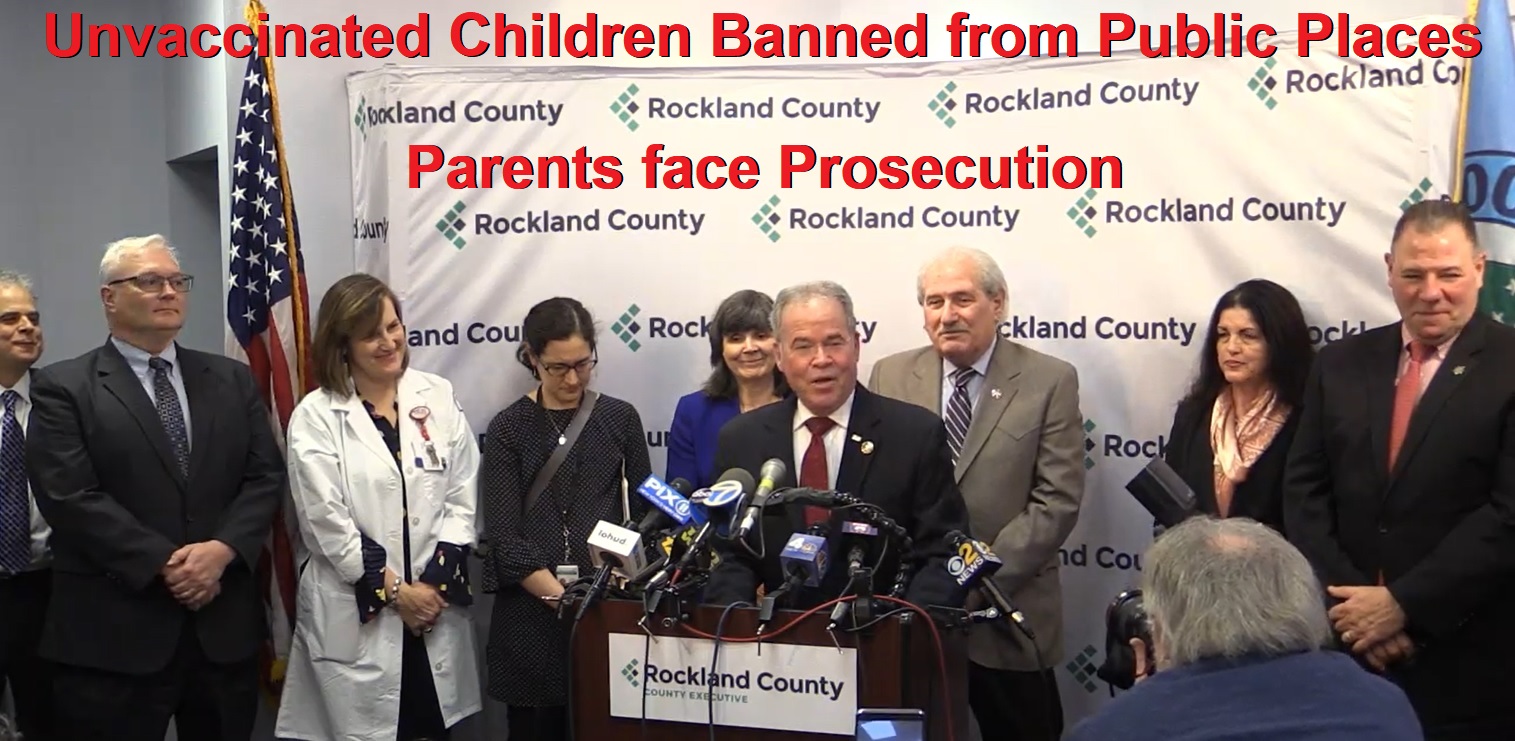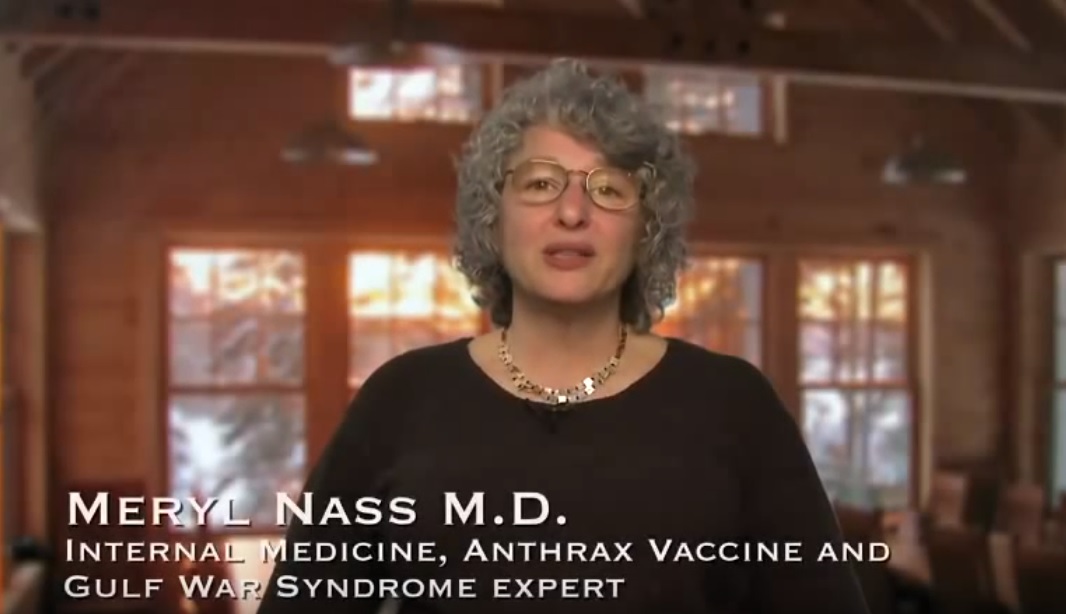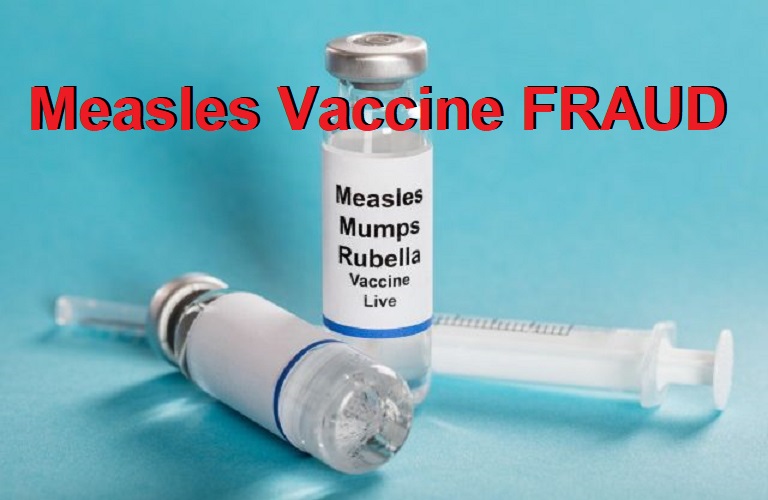BREAKING: Rockland County NY Becomes America’s First Vaccine Police State – Bans Unvaccinated Children from Public Places – Health Dept. Goes Door to Door
Rockland County Executive Ed Day held a press conference earlier today to announce that he had declared a "state of emergency" regarding the New York state county's 153 cases of measles over a 6-month period, and placed a ban on all children under the age of 18 from appearing in any public area, which includes schools, malls and places of worship. Mr. Day said that this was the "first such effort of this kind nationally." The emergency ban is clearly targeted towards parents of unvaccinated children, as Mr. Day stated: "Parents will be held accountable if they are found to be in violation of this state of emergency act. And the focus of this effort is on the parents of these children. We are urging them once again, now with the authority of law, to get your children vaccinated." Mr. Day tried to downplay fears of police checkpoints and random checks for vaccination status, but he also stated that any parent found to be not in compliance with the emergency order would be referred to the district attorney's office for possible prosecution. "If we have a situation where it comes to our attention that a parent is willingly, knowingly, not allowing a child to be vaccinated, under the emergency order, it will be referred into the district attorney." The Rockland County Health Department, who recommended the emergency ban, has reportedly been going door to door and calling homes within the community in an effort to deal with the measles "epidemic."











